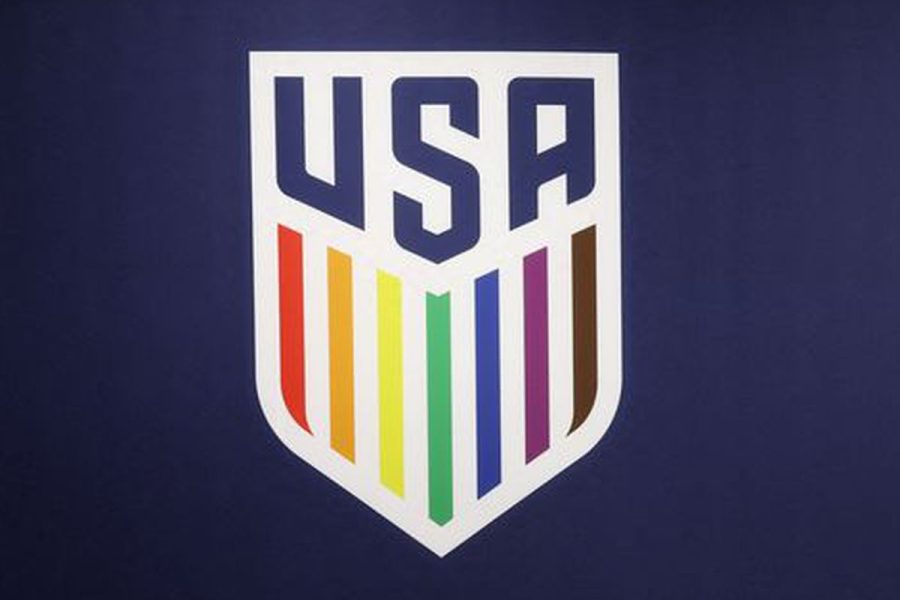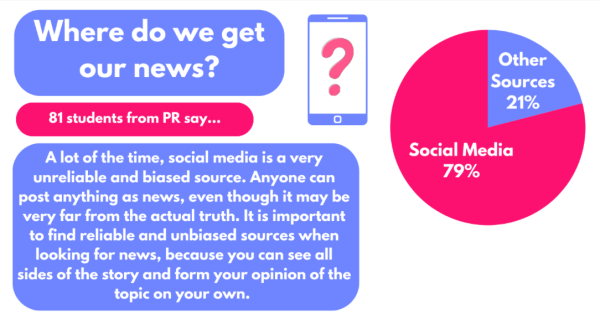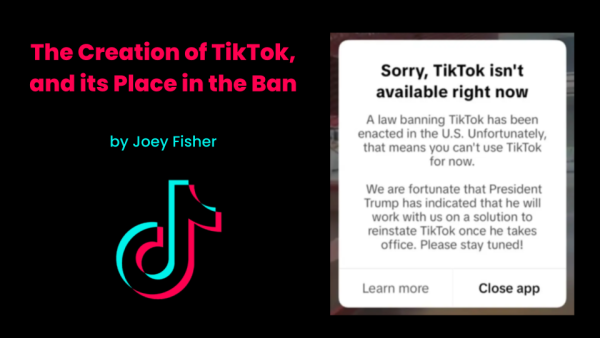World Cup Controversy
The US Men’s National Team responded to discriminatory comments from Qatar officials by changing their original red stripe design, to a rainbow design, to show solidarity with LGBTQIA people.
The 2022 FIFA World Cup takes place in Qatar, beginning on November 20th and ending on December 18th. Never before has there been such a controversial host nation, with Qatar being the target of intense criticisms in the weeks leading up to the tournament.
There are many issues that the public has taken with the Qatar edition of the World Cup, including possible treatment of LGBTQIA+ people, prompted from a quote that a Qatar World Cup ambassador had said in an interview. When speaking on the outlawing of homosexuality in Qatari laws, ambassador Khalid Salman stated that homosexuality is “damage in the mind.” These comments sparked a massive debate about why Qatar is allowed to host such a prestigious and unifying event, and sparked many countries to address the comments in some way.
The US Men’s National Team has responded by changing their original red stripe design, to a rainbow design, to show solidarity with LGBTQIA people.
Germany and Bayern Munich star Leon Goretzka condemned the ambassador’s comments, saying “It’s very oppressive. This is an image of a man that comes from another millennium. It leaves you speechless that something like this can be said by a World Cup ambassador shortly before a world cup.”
Goretzka echoes a sentiment being expressed around the world before the start of the competition; how can FIFA stage the biggest tournament in the world, in a country that does not respect the rights of everyone involved?
Beyond the anti-LGBTQIA+ statements by Salman, perhaps the most alarming and discussed aspect of this year’s edition of the World Cup is the treatment of the workers who helped to build the stadiums.
According to BBC and The Guardian, close to “6500 migrant workers from India, Pakistan, Nepal, Bangladesh, and Sri Lanka had died in Qatar since it won its World Cup bid.” These numbers were provided by the embassies of each of the countries whose migrant populations were present.
Qatar refutes these statistics with drastically different numbers, stating that there has been only 37 deaths among laborers working on the stadiums. These numbers came under scrutiny from the International Labour Organization (ILO), as Qatar did not take into account deaths coming from heart attacks or respiratory failure. These ailments are more likely to occur in an environment where heatstroke is possible.
This has created international uproar and criticism of not only Qatar, but also FIFA for allowing the event to proceed in this country. This criticism became so intense that former FIFA president who presided over the decision to give Qatar the World Cup, Sepp Blatter, called it a “mistake” to begin with.
Teams like Australia and Denmark have made statements condemning the actions, while several English football federations have gone out to say that “human rights are universal and apply everywhere.”
This year’s tournament is already one of the most controversial in its history although the actions taken by individual players and teams show exactly why this tournament is so captivating for fans. Football fans can go into this tournament excited for their team and country to make them proud, not just on the field.






